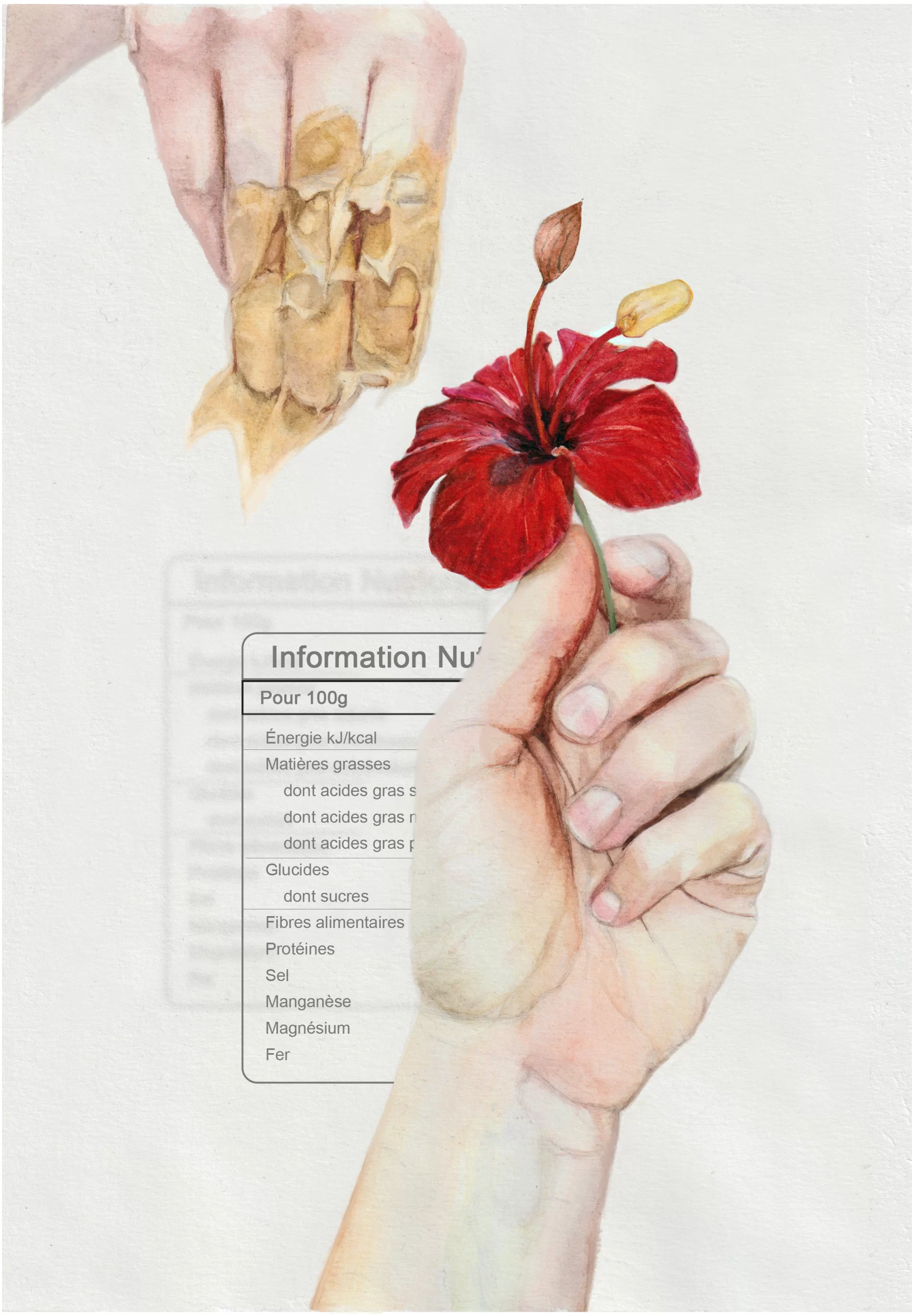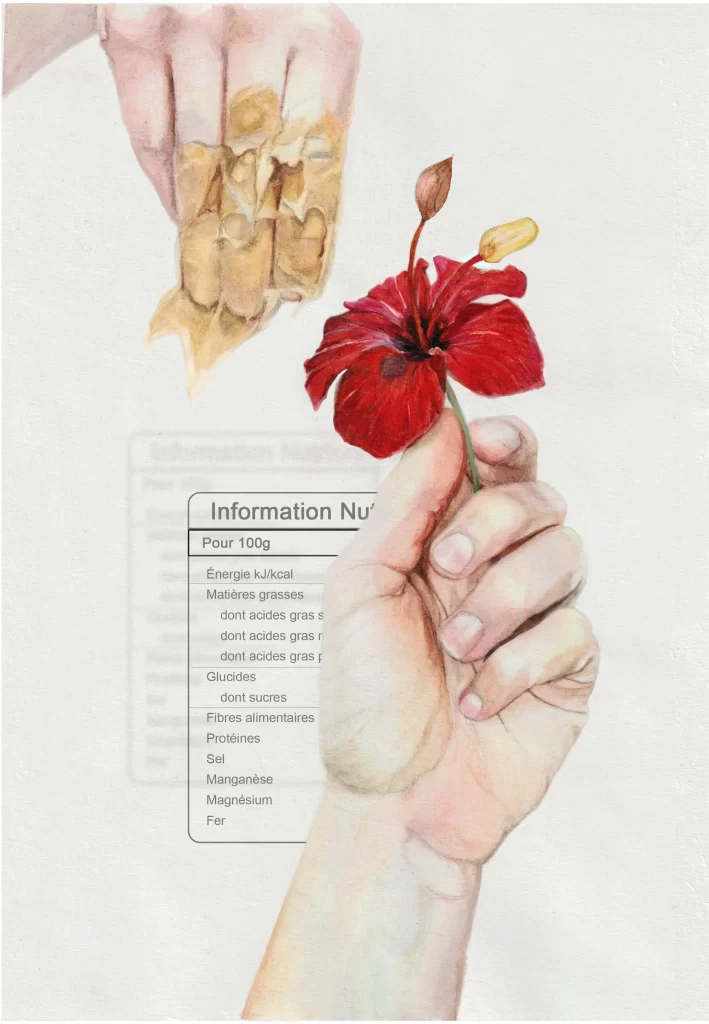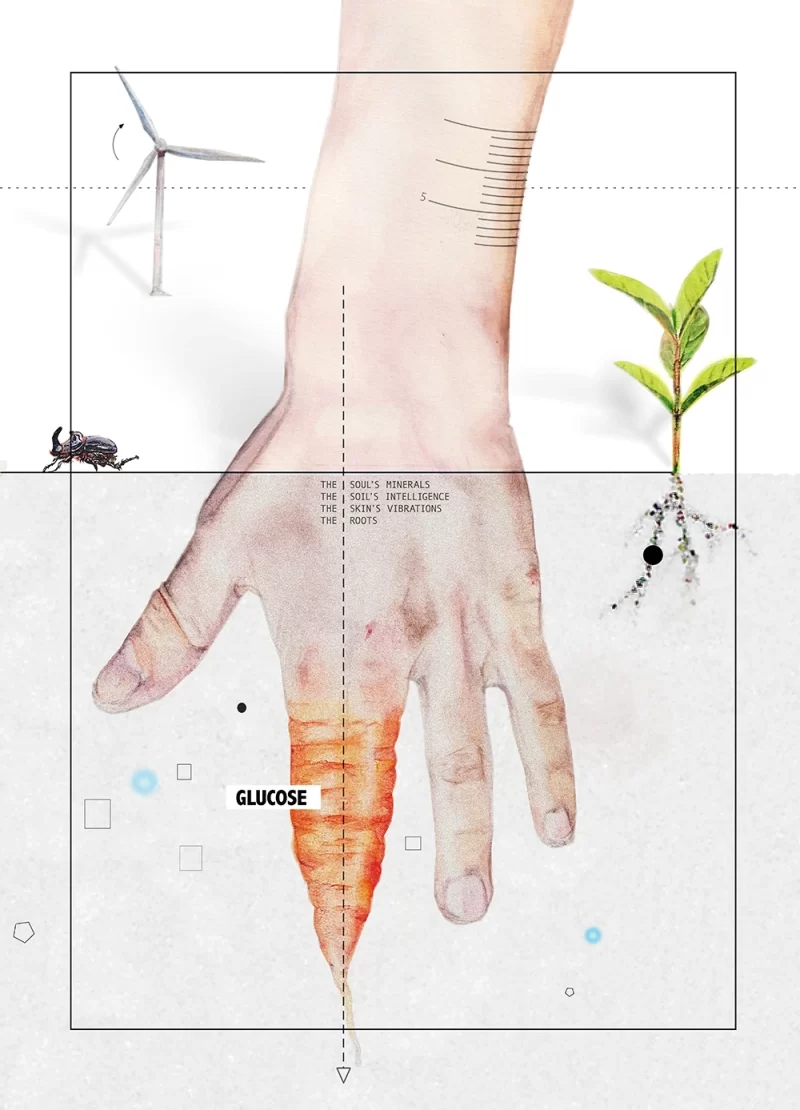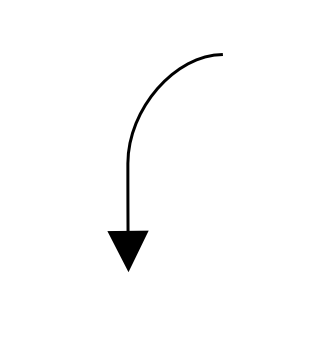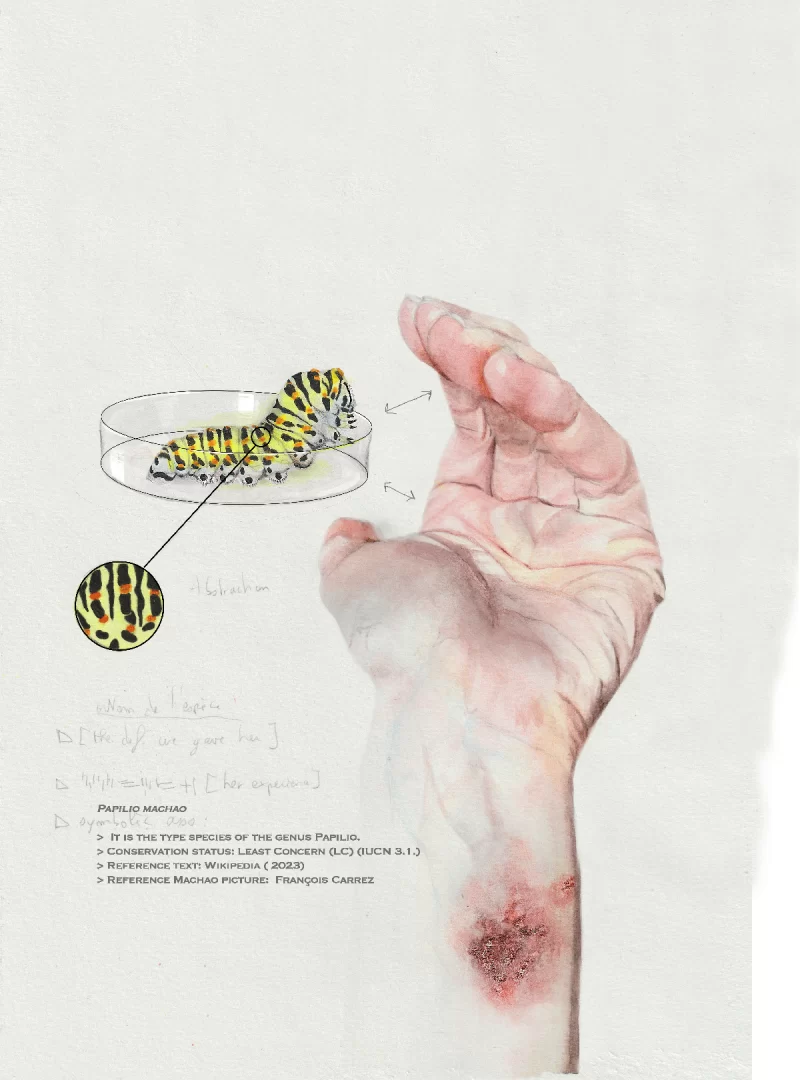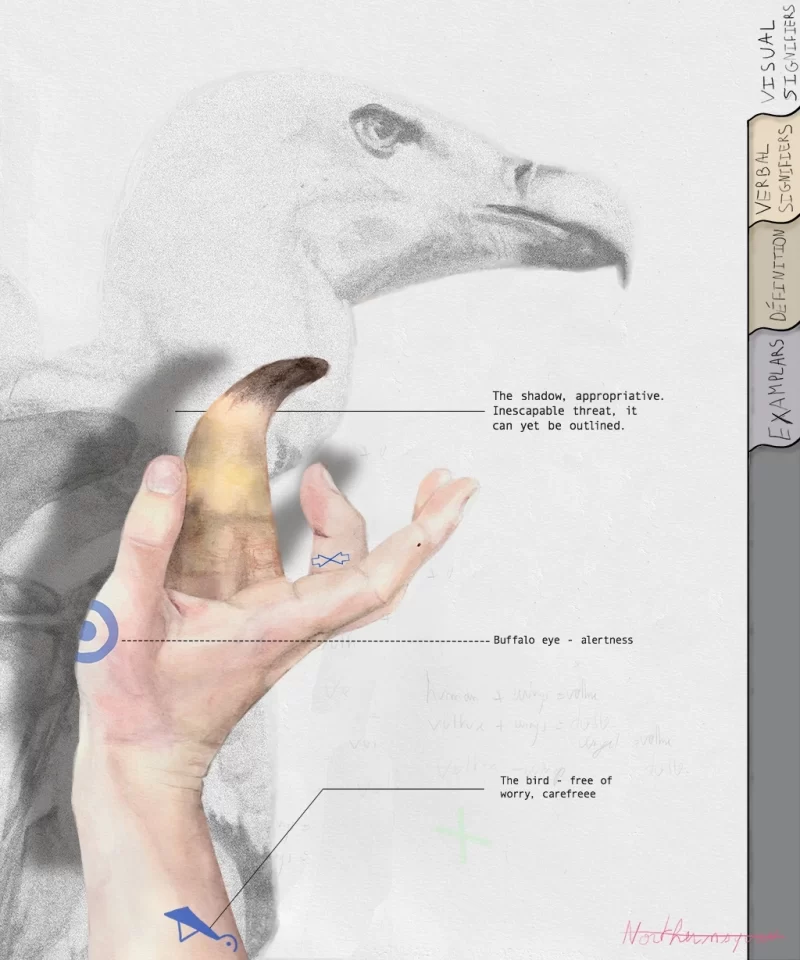My work as a researcher draws me days and days in front of the screen. There I sit and open my eyes unnaturally wide, exposing them bare to the dryness to come. My spirits and flux are pumped up up up to the brain – the power-machine demands so much! – leaving the body on its own. By the hour, the latter is not more than a prop.
Complaints from the muscles are ignored, until a scream from deep in the middle bypasses the circuitry, and the thought <get up now> can reach the busy overseer.
The experience has side effects. The body has been numbed for so long that it can hardly open itself to new stimuli and take its ground back into reality. In those moments, the body craves.
Cold water on the hands, cat-like stretches, sugar, a hug from you or from myself, child’s pose. Something else, digging my right hand into a jar of peanut butter.
The motive is not to eat the spread. Rather, it is about the fat and thick consistency, its heaviness metonymically dragging my spirits downward, forcing them to repopulate the body. An urge to fight theory with fat, abstraction with substance, to fatten the words, discourses, to grease the conceptual fog that clogs my body systems.
There is strong polarization here. Between extreme intellectualization and over-trivial. There is excess and imbalance, and an absurd way of getting back to equilibrium.
I have been trying to unpack the parameters that lead to such unwanted behaviour – which I believe are embedded into one another. The system: hustle culture, naturalistic ontology, the norm of a 9-to-5 workday. My own beliefs and values: hardwork as an indicator of one’s worth, and the idea that the mind can have the body do what it wants, that it presides. My built environment: small room, little space for play and for the body to expand, nature is far. My financial situation: I cannot afford to move from one coffee shop to another and thus give my limbs the necessary walking breaks. Psychology: fear of emptiness, fear of mediocrity.
The strategy then is thus to work on as many of these parameters as possible.
Easy to say.
In the meantime, I have found the practice of art to be of help, as it sits at the center of the spectrum, playing with the senses and the intellect as one. Painting a hand, a flower, peanut butter. And yet, there I see, read, that the intellect is still there, talking its words of data.
Follow-ups:
• Can there be such thing as an over-intellectualization syndrome?
• What set of beliefs and values would need to be adopted to ensure that the body is given as much reverence as the mind during working hours?
• What discursive strategies to promote those alternative beliefs and values?
• How would the workplace need to change to be more body-friendly?
